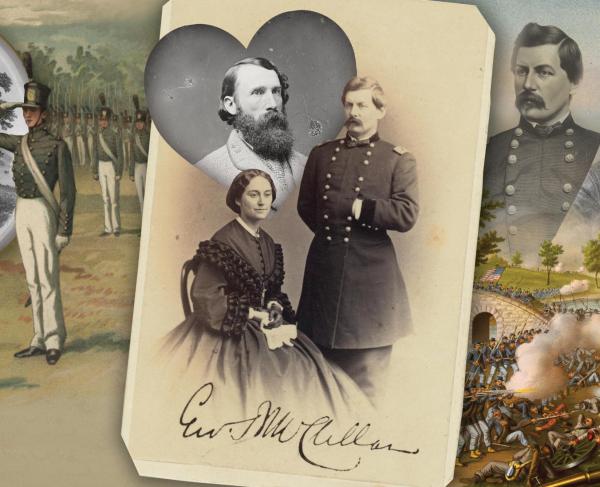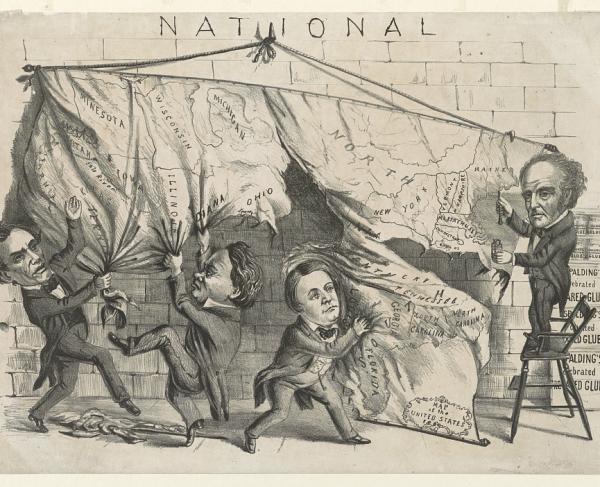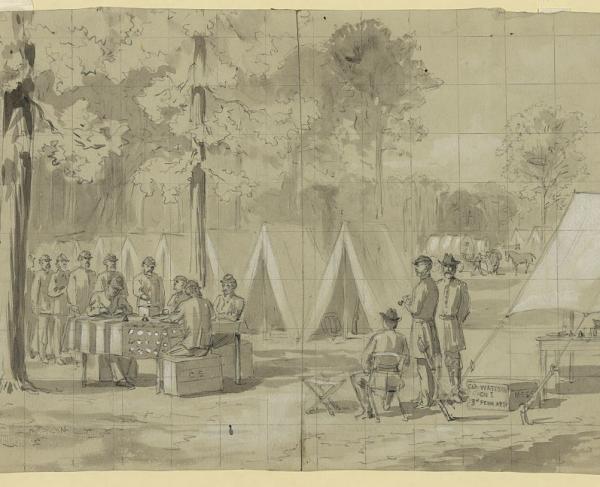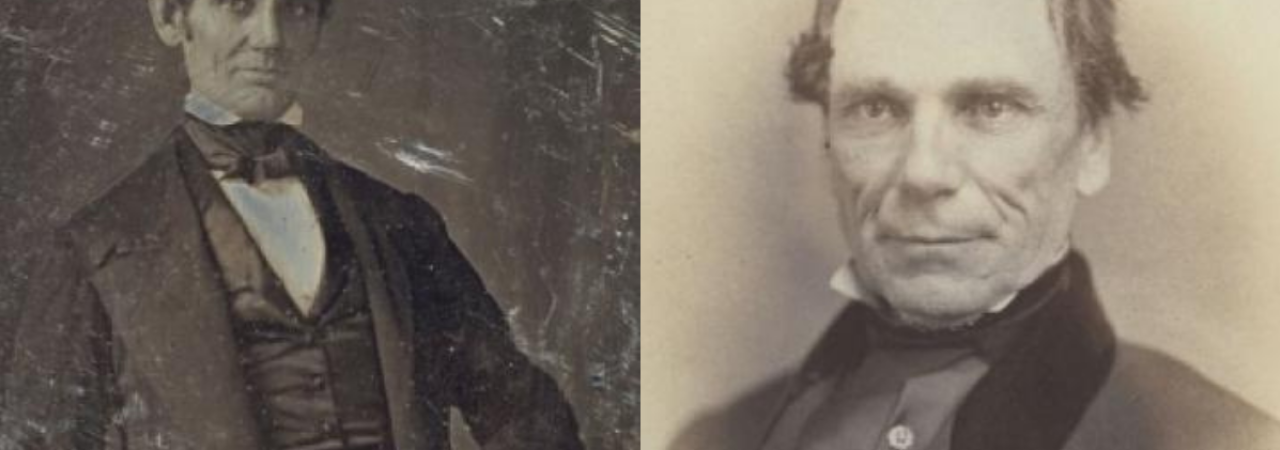
In 1842, a young Abraham Lincoln publicly chastised James Shields in the course of a debate about banking in Illinois. The ridicule pushed Shields to challenge Lincoln to a duel in which the victor took both the life and the pride of his opponent.
In August of 1842, the Illinois State Bank went bankrupt and announced that it would no longer accept its own paper currency from private citizens looking to pay off debts. Gold and silver, which most citizens did not have, became the only acceptable currency. Shields, the State Auditor, sided with his Democratic party and supported the decision to close the bank. Shields became a target for Whig opposition to the financial plan and Lincoln, then a self-described “prairie lawyer,” added fuel to the fire with a sizzling editorial written in early September.
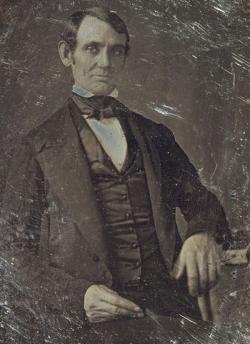
Lincoln was friendly with the editor of the Sangamo Journal, Simeon Francis, and Francis allowed him to write the letter under the penname “Rebecca.” As “Rebecca,” Lincoln attacked Shields for his politics and for his personal foibles. Assuming the character of an Illinois farmer, Lincoln wrote:
“'I've been tugging ever since harvest getting out wheat and hauling it to the river, to raise State Bank paper enough to pay my tax this year, and a little school debt I owe; and now just as I've got it…, lo and behold, I find a set of fellows calling themselves officers of State, have forbidden to receive State paper at all; and so here it is, dead on my hands.'”
Lincoln went on to taunt Shields’ pursuit of women:
"His very features, in the ecstatic agony of his soul, spoke audibly and distinctly–'Dear girls, it is distressing, but I cannot marry you all. Too well I know how much you suffer; but do, do remember, it is not my fault that I am so handsome and so interesting.'"
Lincoln showed the letter to Mary Todd--the couple had only recently gotten back together after Lincoln had called off their earlier engagement--and she found it delightful. A few days later, without Lincoln's knowledge, Mary Todd submitted her own critique to the Journal under the pen name "Cathleen."
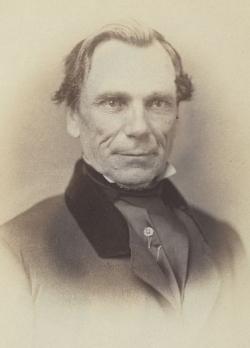
Shields did not take kindly to the letters and demanded that Francis reveal Rebecca's true identity – to which Francis obliged.
Upon receiving this information, Shields demanded a retraction from Lincoln. On September 19 at the Tremont County Courthouse, Shields had a handwritten note delivered to Lincoln which read: “I have become the object of slander, vituperation and personal abuse. Only a full retraction may prevent consequences which no one will regret more than myself.”
Lincoln refused to retract his remarks. He returned Shields's letter with the request that Shields rewrite it in a more "gentlemanly" fashion.
Instead, Shields challenged Lincoln to a duel. It would be held in Missouri, where dueling was still legal.
Since Lincoln was challenged by Shields he had the privilege of choosing the weapon of the duel. He chose cavalry broadswords "of the largest size." "I didn't want the d—-d fellow to kill me, which I think he would have done if we had selected pistols," he later explained. For his own part, he did not want to kill Shields, but "felt sure [he] could disarm him" with a blade. At six feet, four inches tall, Lincoln planned to use his height to his advantage against Shields, who stood at a mere five feet, nine inches tall.
The day of the duel, September 22, arrived and the combatants met at Bloody Island, Missouri, to face death or victory. As the two men faced each other, with a plank between them that neither was allowed to cross, Lincoln swung his sword high above Shields to cut through a nearby tree branch. This act demonstrated the immensity of Lincoln’s reach and strength and was enough to show Shields that he was at a fatal disadvantage. With the encouragement of bystanders, the two men called a truce.

Two decades later, the Civil War brought the two men together once more. Shields was now a Brigadier General in the Army of the Potomac and Lincoln was President, with the ability to promote and demote military officers. Fighting in the Shenandoah Valley in March 1862, Shields delivered Stonewall Jackson's only defeat at the Battle of Kernstown and was gravely wounded in the process. Lincoln nominated him for promotion to Major General, symbolically burying all ill-feelings between the two men.
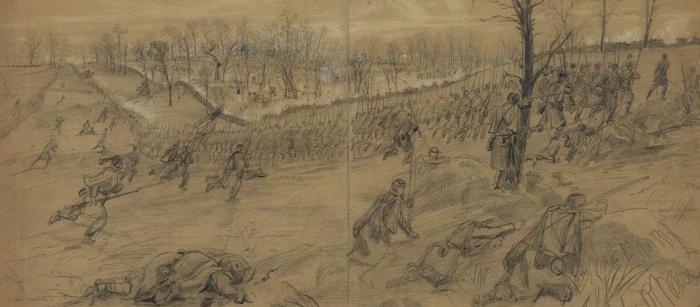
Lincoln did not like to talk about the duel. An officer once asked him, in the Oval Office, if it was "true…that you once went out, to fight a duel and all for the sake of the lady by your side?" Lincoln replied, “I do not deny it, but if you desire my friendship, you will never mention it again.”
